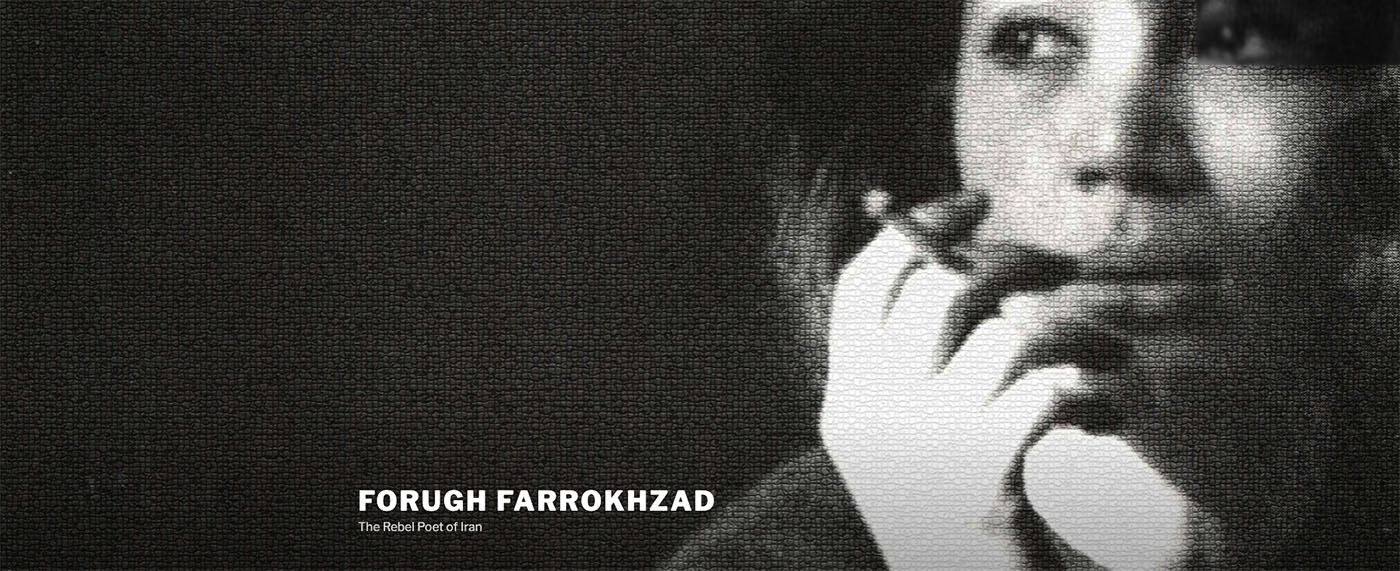
In this HEROINES issue of the Markaz Review, it is only apt to turn to that ultimate heroine of Iranian poetry, a poet of great audacity and extraordinary talent, Forugh Farrokhzad.
Forugh’s poetry was the poetry of protest — protest through revelation — revelation of the taboo: the innermost world of women, their intimate secrets and desires, their sorrows, longings, aspirations and at times even their articulation through silence. Her expressions of physical and emotional intimacy, much lacking in Persian women’s poetry up to that point, placed her at the center of controversy, even among the intellectuals of the time.
Her call to eliminate the country’s “cancerous cells” and “corruption’s vermin” resonates with Iranians today as they take to the streets calling for freedom. What better expression of what is happening in the Islamic Republic of Iran today than Forugh’s precise words: “the cad hides his yellowness in the dark,/ and the cockroach/… ah when the cockroach harangues, /why should I stop?
Forugh Farrokhzad died in a car crash on February 13, 1967. She was 32 years old. For more information about this remarkable woman and poet, visit this site.
Forugh Farrokhzad
“Only Voice Remains”
Why should I stop, why?
Birds have gone to seek their blue way.
The horizon is horizontal,
movement vertical– a gushing geyser.
Bright stars spin as far as the eye can see.
The Earth repeats itself in space, air tunnels
become connecting canals and day changes
to an entity so vast it cannot be stuffed
into the narrow imaginations of the newspaper worms.
Why should I stop?
The path meanders among life’s tiny veins
and the climate of the moon’s womb will annihilate
the cancerous cells, and in the chemical aura of after-dawn
there will remain only voice—
voice seeping into time.
Why should I stop?
What is a swamp but a spawning ground
for corruption’s vermin?
Swelled corpses pen the morgue’s thoughts,
the cad hides his yellowness in the dark,
and the cockroach
… ah when the cockroach harangues,
why should I stop?
Printer’s lead letters line up in vain.
Lead letters in league cannot salvage petty thoughts.
My essence is of trees; breathing stale air depresses me.
A bird long dead counseled me to remember flight.
Fusion creates the greatest force—
fusion with the sun’s luminescent soul,
comprehension flooding with light.
Windmills eventually warp and rot.
Why should I stop?
I hold to my breasts sheaves of unripe wheat
and give them milk.
Voice, voice, only voice.
The water’s voice, its wish to flow,
the starlight’s voice pouring upon the earth’s female form,
the voice of the egg in the womb congealing into sense,
the clotting together of love’s minds.
Voice, voice, voice, only voice remains.
In a world of runts,
measurements orbit around zero.
Why must I stop?
The four elements alone rule me;
my heart’s charter cannot be drafted
by the provincial government of the blind.
What have I to do with the long feral howls
of the beasts’ genitals?
What have I to do with the slow progress
of a maggot through flesh?
It’s the flowers’ bloodstained history that has committed me to life,
the flowers’ bloodstained history, you hear?
(From: Sin-Selected Poems of Forugh Farrokhzad, University of Arkansas Press)



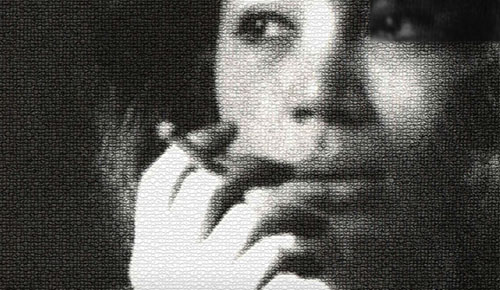
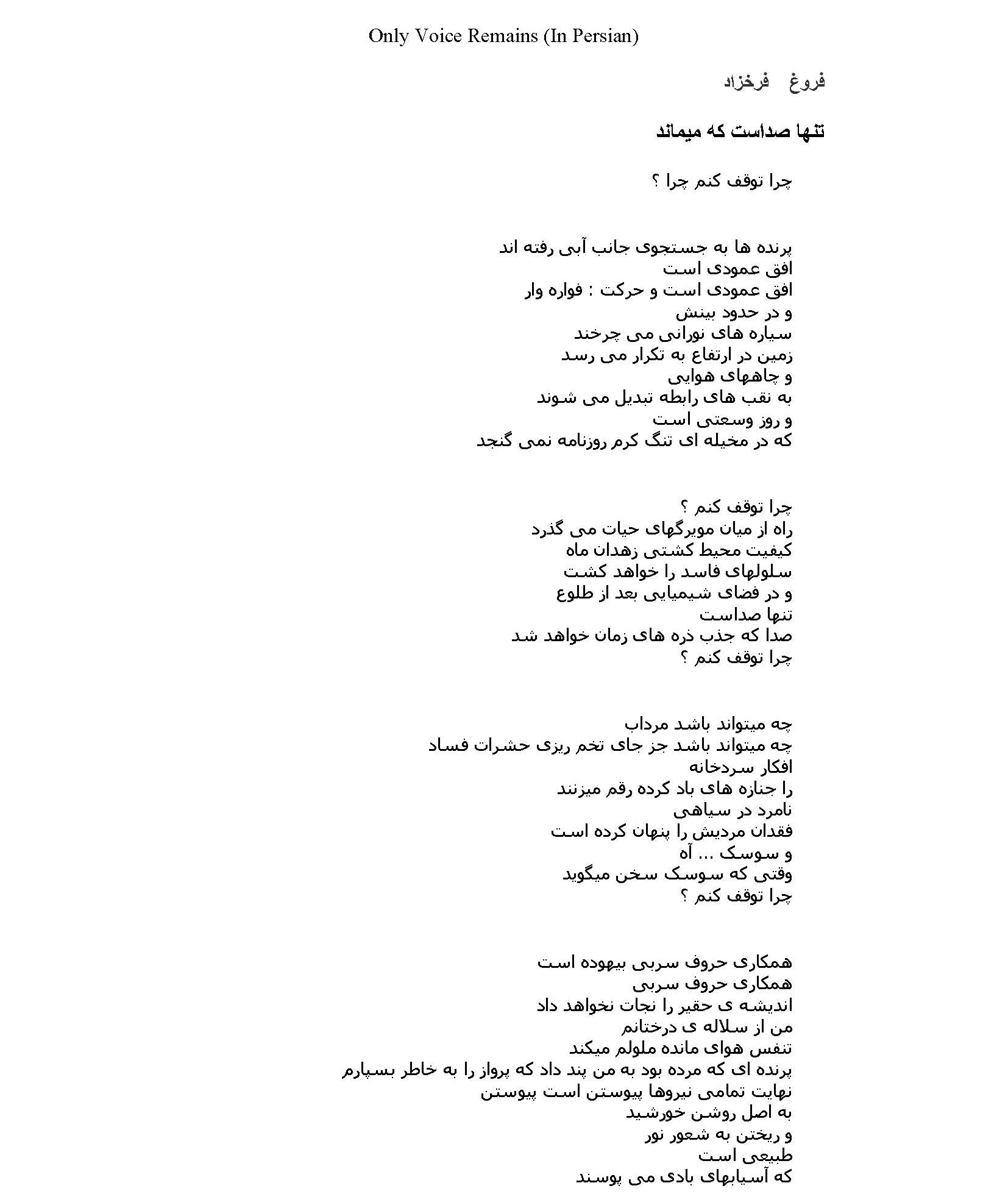
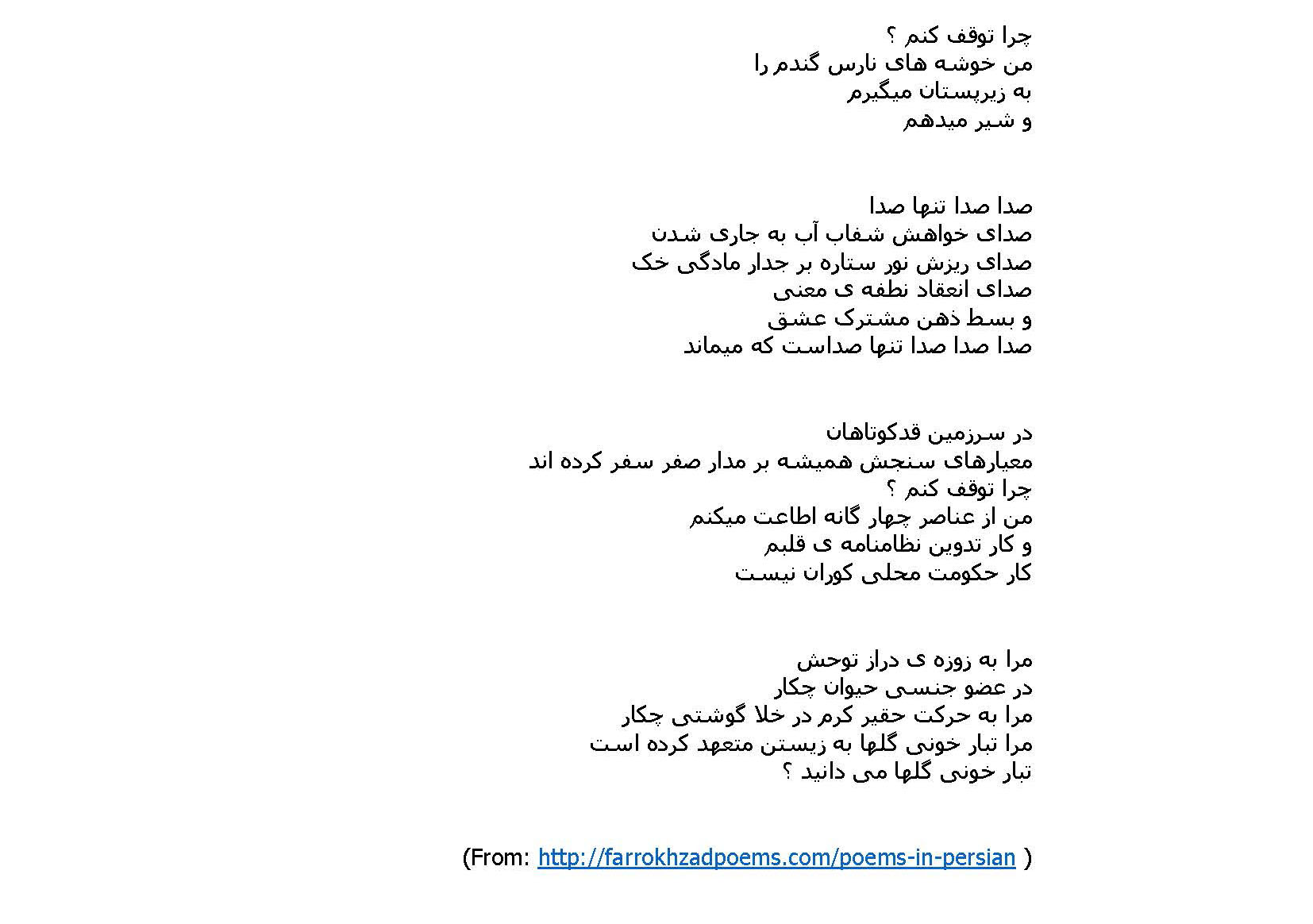
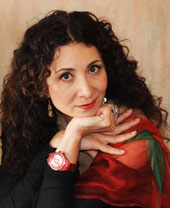
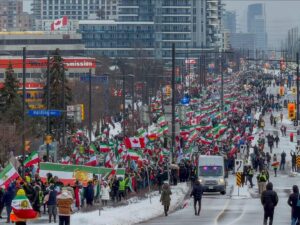
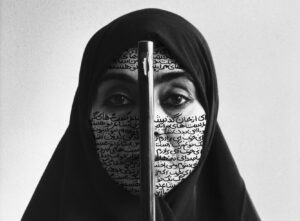


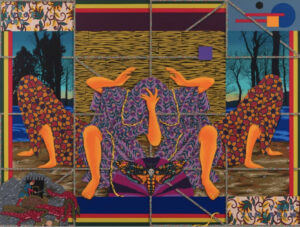




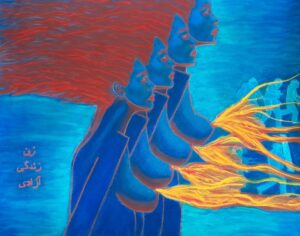




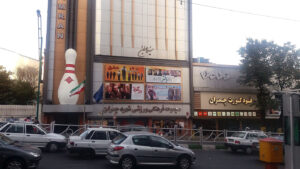


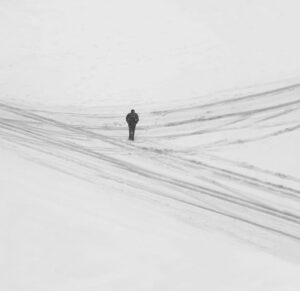

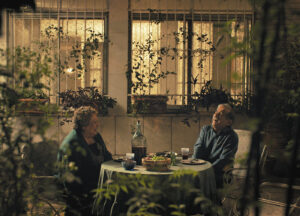
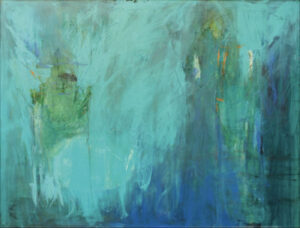

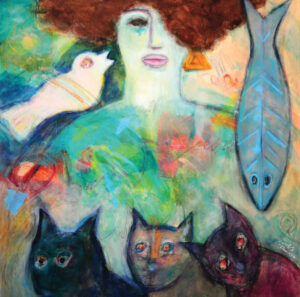
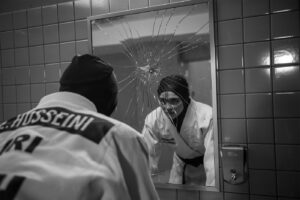
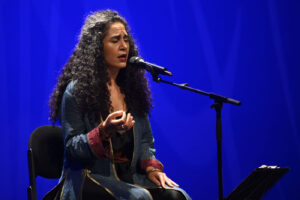









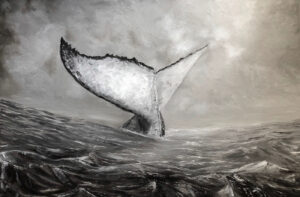






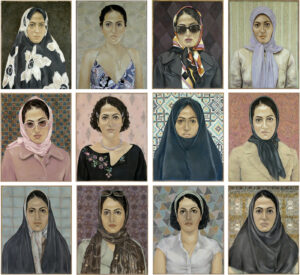


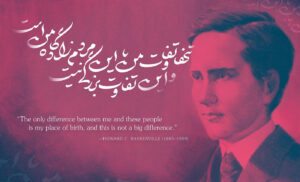

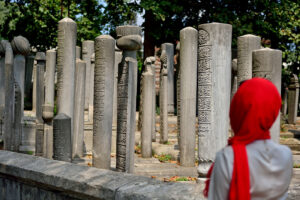
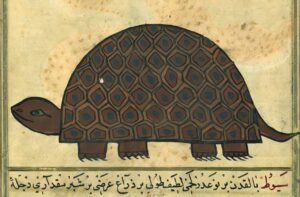

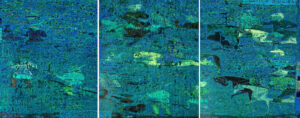

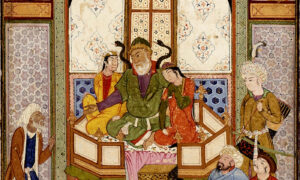

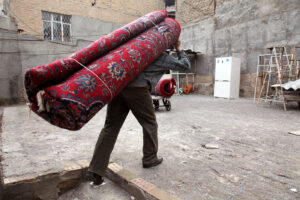







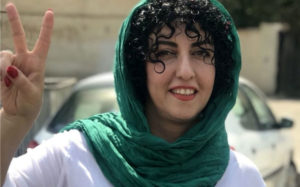

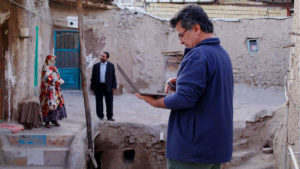

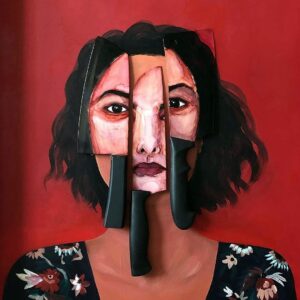

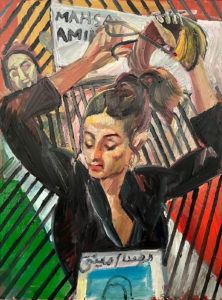
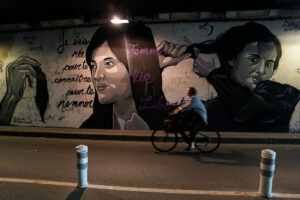
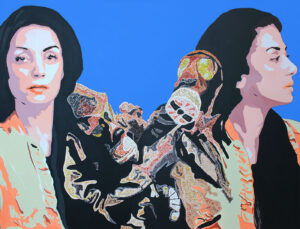


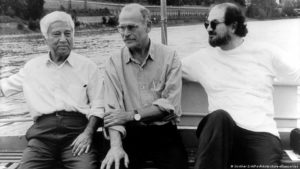


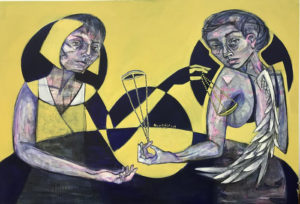


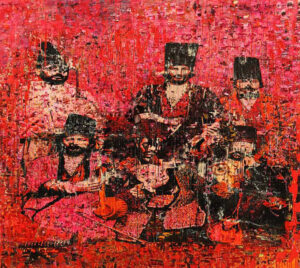





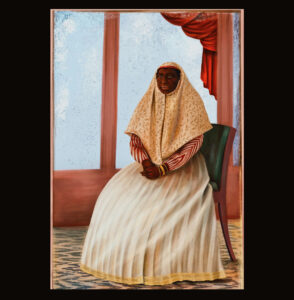





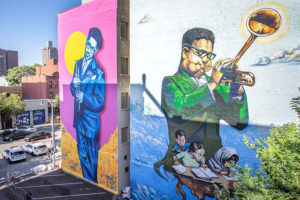


I absolutely loved this poem. I hadn’t heard of this poet before or her wonderful work. Thanks so much for translating. This past summer I lost my voice for 7 weeks, so the idea of ‘voice’ really struck a chord. And ending with ‘you hear’ reminds me how much we hear but never listen.
I read this a few weeks ago, and have come back to it. It stayed in my mind, and I was in the throes of poet’s words and life…’only voice remains’. All were so beautifully conveyed by the writer of this essay. Thank you.
Interesting piece. Keep writing more.